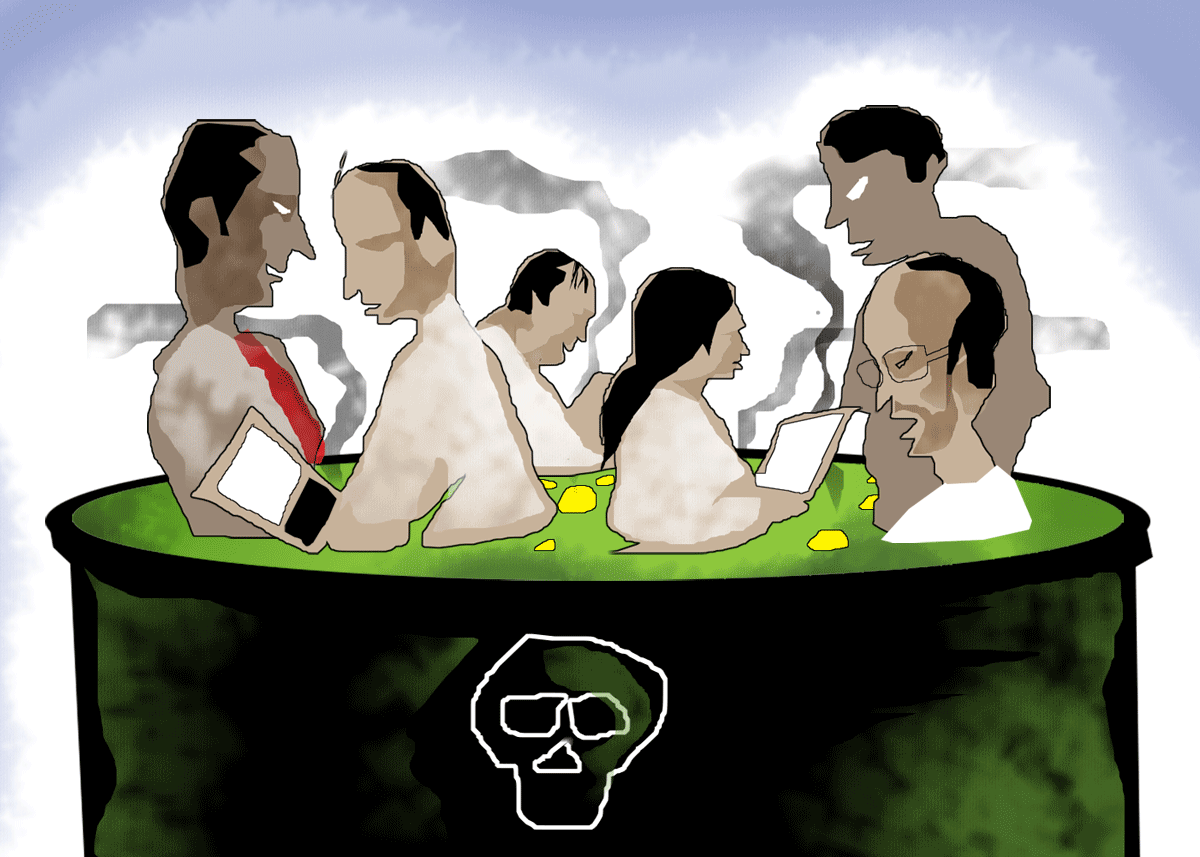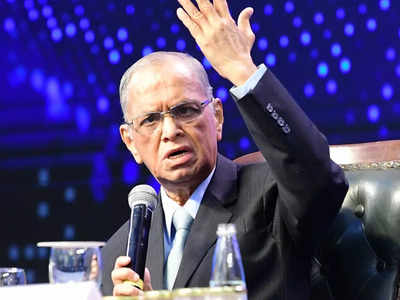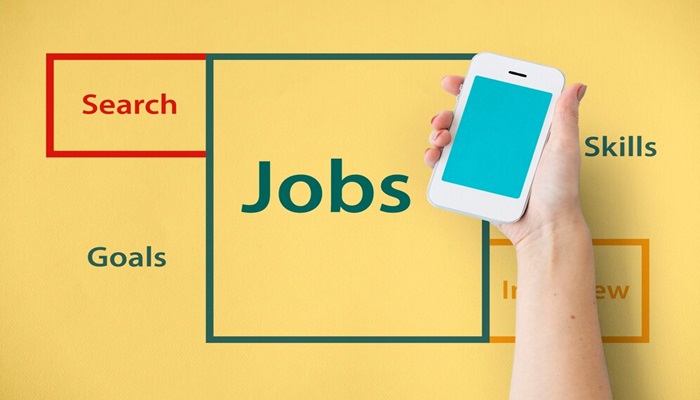For years, the prevailing message by educators has been that higher education is the only path to a secure future. College is celebrated as the gateway to prosperity. However, the Indian labour market tells a different story: higher educational attainment is increasingly linked to higher rates of unemployment and underemployment.
Unemployment rates
A report by the International Labour Organization (ILO), drawing on data from the Employment and Unemployment Survey and the Periodic Labour Force Survey, revealed that unemployment among educated youth far exceeds that among their uneducated peers. In 2024, the unemployment rate for graduates was a staggering 29.1% while that for uneducated youth was 3.4% and for those with secondary education it was 18.4%. Factors such as low-quality education, a lack of employment focus, and insufficient emphasis on skill development contribute to this alarming trend.
Similarly, the India Skills Report 2024, which assessed lakhs of final-year students and postgraduates, found that only 51.25% of graduates meet industry employability standards. Although this is an improvement from less than 34% in 2014, experts like former RBI Governor Raghuram Rajan warn that this misalignment between education and industry needs poses long-term challenges for India’s economic prospects.
Alternate paths
For students capable of gaining admission to top institutions with proven career success, that path remains valuable. However, for those facing admission to lower-ranking or non-employment-focused institutions, alternative pathways may offer a better match for their strengths and the demands of the modern job market. Vocational training, apprenticeships, and specialised certification programmes can provide practical skills and direct access to growing industries.
Consider the story of Meera, a bright coder from Pune who, after failing to enter a top university, enrolled in a local college. After struggling for a year, she dropped out to pursue skill-focused training in coding. Her decision paid off, as she got a good job that valued her skills over a formal degree. This is because companies are increasingly prioritising skills rather than academic credentials. Meera’s experience is far from isolated. Many young Indians feel pressured to follow the traditional college route, even when alternative paths might better suit their abilities and career goals. The “college-for-all” mindset has left many graduates underprepared, contributing to both unemployment and underemployment.
Underemployment is another growing concern. Many graduates find themselves in positions that do not fully utilise their abilities, whether through part-time roles, temporary contracts, or jobs that offer little challenge. This often results in low wages, limited career growth, and overall job dissatisfaction.
To avoid these pitfalls, students must explore pathways that align with their individual strengths. Although the college route has historically led to success, the proportion of graduates achieving their full potential is declining. Embracing skill-focused training — supported by internships and hands-on projects — can open doors in industries that no longer prioritise degrees. Many companies, especially in fields like digital marketing, design, and computer coding, are shifting their focus from formal education to demonstrable skills.
Employers also have a role to play by supporting skill development through internships and on-the-job training programmes that help bridge the gap between academic learning and industry requirements. This not only benefits students but also addresses the broader challenges of talent mismatches in the economy.
Career guidance
Educators, too, must reconsider their approach. Moving beyond the “college-for-all” model, they should provide career guidance tailored to a student’s capabilities and interests. Recognising that not every student needs to follow a traditional college path is crucial. When students are allowed to develop skills aligned with both their personal interests and market demands, they are more likely to achieve satisfaction and success in their careers.
In summary, while higher education remains a viable path for some, it is no longer the sole route to a secure and prosperous future. By acknowledging alternative pathways — such as vocational training, apprenticeships, and specialised certifications — and by encouraging a skill-based approach to employment, India can better prepare its youth for the challenges of today’s evolving job market.
Source – https://www.thehindu.com/education/do-all-students-need-to-go-to-college/article69392818.ece






















